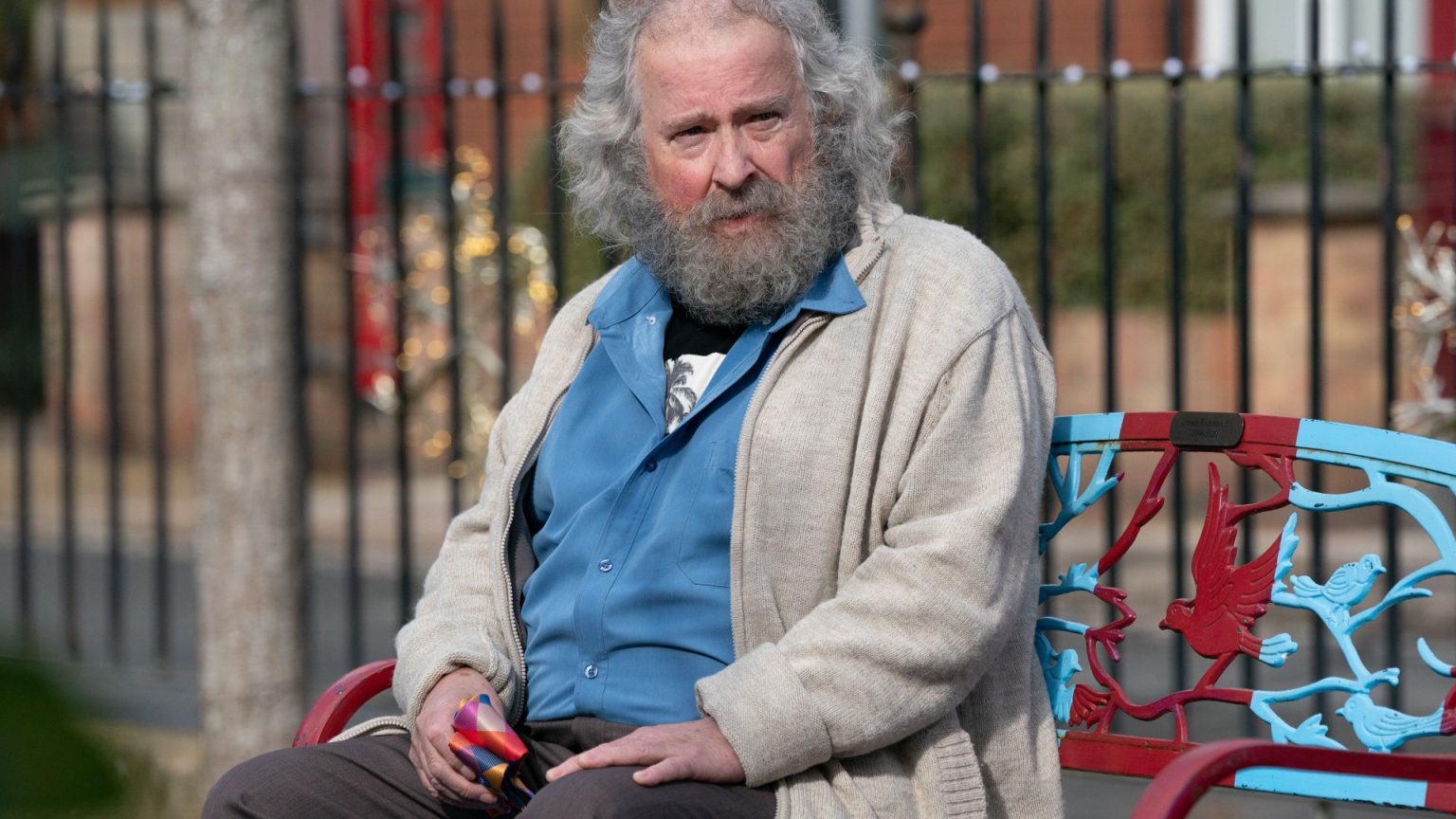The Devastating Reality of Young-Onset Dementia: Nigel Bates’s Story in EastEnders
Dementia, a debilitating condition that progressively impairs cognitive function, is a leading cause of death worldwide. While often associated with older adults, dementia can strike at any age, with devastating consequences. The recent storyline in the popular British soap opera EastEnders featuring Nigel Bates, a character returning after a 26-year absence, highlights the challenges and realities of young-onset dementia. Nigel’s diagnosis, revealed in a poignant scene with Yolande Trueman, sheds light on the often-overlooked struggles faced by individuals and their families grappling with this devastating illness.
Nigel’s experience underscores the particular challenges of young-onset dementia, which affects individuals typically between the ages of 30 and 64. While memory loss is a hallmark symptom of dementia, younger individuals may experience a different constellation of symptoms. These can include behavioral and personality changes, such as increased irritability, anxiety, or irrational decision-making. Language and communication difficulties, including struggling to find words or slurred speech, can also emerge. Physical symptoms such as clumsiness, balance issues, and difficulty with coordination, as seen in Nigel’s character, may also manifest. The impact of young-onset dementia extends beyond the individual, affecting their social and professional lives, often leading to difficulties completing tasks, meeting deadlines, and maintaining social connections.
The portrayal of young-onset dementia in EastEnders is particularly significant because it brings this often-hidden condition to the forefront of public awareness. With an estimated 70,800 people living with young-onset dementia in the UK alone, the storyline offers a much-needed platform for raising awareness and understanding. The show’s collaboration with organizations like Dementia UK underscores their commitment to accurate and sensitive portrayal of the disease. Dr. Hilda Hayo, chief admiral nurse and chief executive of Dementia UK, emphasizes the importance of such portrayals in reducing stigma and highlighting the need for age-appropriate support for those affected by young-onset dementia.
Diagnosing young-onset dementia can be challenging, often requiring extensive testing and evaluation to differentiate it from other conditions. The symptoms can sometimes be mistaken for normal age-related cognitive changes or other neurological conditions. Memory lapses, such as occasionally forgetting where one placed their keys, are common occurrences with aging. However, in dementia, these lapses become more frequent and severe, impacting daily functioning. For example, an individual with dementia might misplace items in unusual locations or struggle to retrace their steps to find them. The ability to recall information, even after prompting, becomes significantly impaired.
The storyline in EastEnders not only showcases the challenges of living with young-onset dementia but also highlights the support available to individuals and their families. Admiral Nurses, specialists in dementia care, offer crucial support and guidance, helping to navigate the complexities of the disease and provide practical strategies for managing symptoms. They also provide emotional support for both the person with dementia and their caregivers, helping them cope with the emotional and practical burden of the disease. The phone number and email address provided in the article offer a direct lifeline to those seeking help and information.
The EastEnders storyline reflects the lived experiences of thousands of individuals and families affected by young-onset dementia. It emphasizes the importance of early diagnosis and access to appropriate support services. By portraying the daily realities of living with the condition, the show aims to reduce stigma, promote understanding, and encourage open conversations about dementia. The collaboration with expert organizations like Dementia UK ensures the accuracy and sensitivity of the storyline, further enhancing its impact and reach. As the narrative unfolds, it promises to provide valuable insights into the challenges and triumphs of living with young-onset dementia and offer hope and support to those facing this difficult journey.




